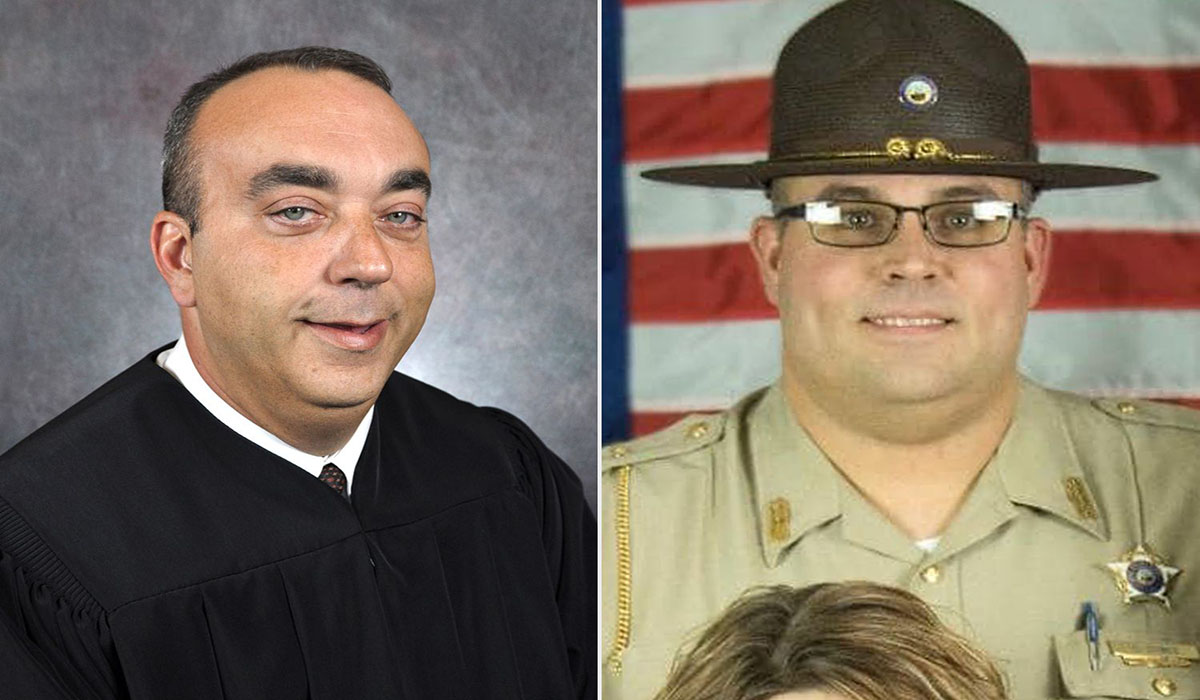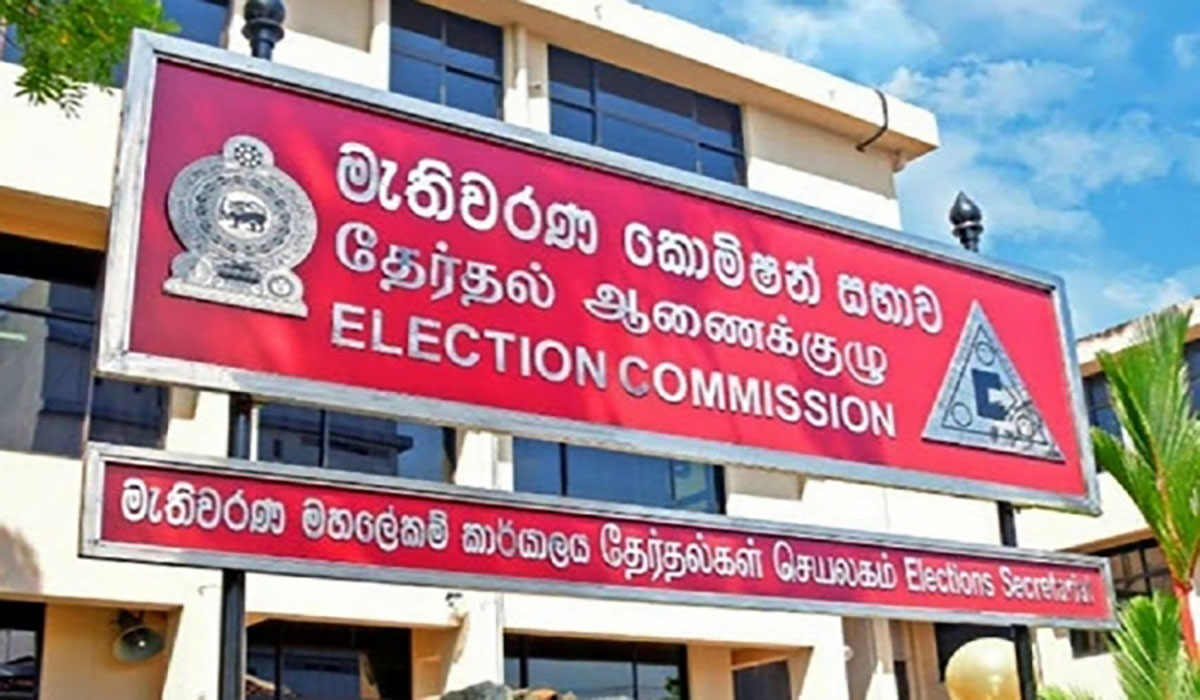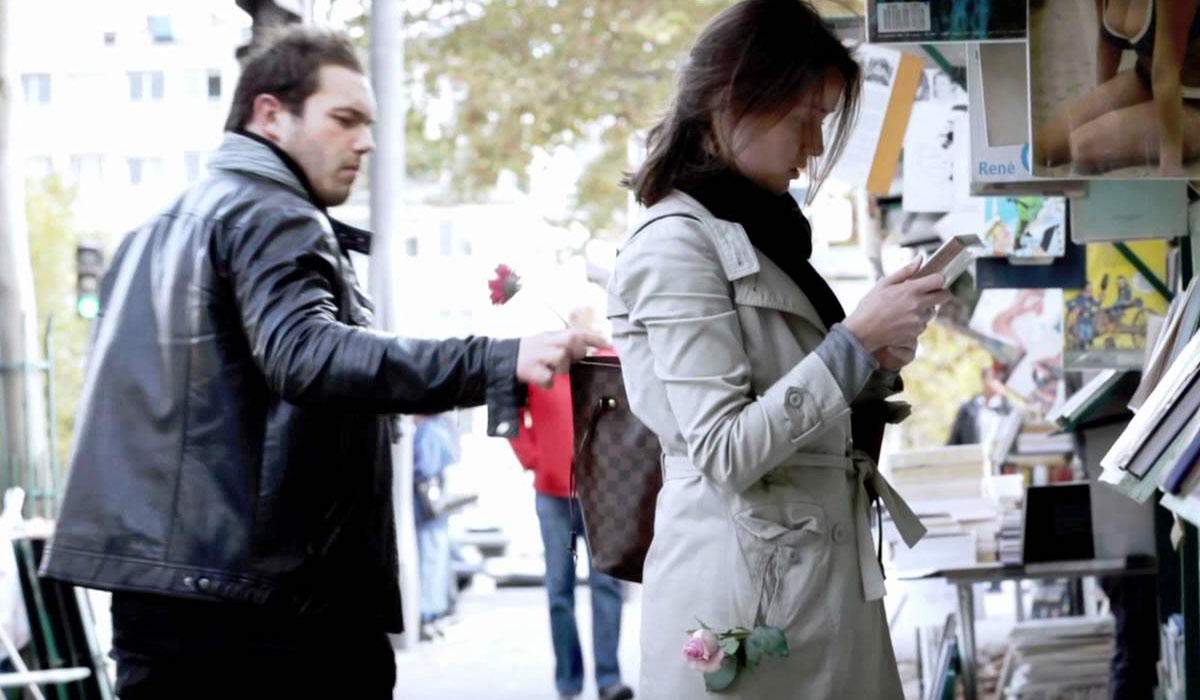French authorities have taken Telegram founder Pavel Durov into custody as part of a broader probe into allegations of “complicity” in illegal transactions and possession and distribution of explicit images involving minors, according to a statement from the Paris prosecutor’s office on Monday.
Meanwhile, relations between Moscow and Paris have reached the lowest point following the arrest of Russian-born Telegram boss Pavel Durov, Russian Foreign Minister Sergei Lavrov said on Tuesday, after the tech billionaire’s detention was extended until Wednesday. But French President Emmanuel Macron confirmed Durov’s arrest on Monday, describing it as an apolitical action linked to an ongoing judicial investigation in a post on X.
Durov, who has French as well as Russian nationality, is the founder and sole owner of Telegram, a messaging and news app known for its minimal moderation policies and limited cooperation with government requests.
Telegram is one of the few popular apps with minimal ties to either the United States or China. It has built a reputation for being notably hands-off when it comes to moderating content, including scams and various forms of criminal activity, and is known for resisting government intervention.
While Telegram claims to enforce rules against illegal content in its broadcast channels, the platform asserts that it does not monitor private user messages. The company has stated that it actively moderates child abuse content and routinely shuts down channels dedicated to such material. However, the U.S.-based non-profit organization, the National Center for Missing & Exploited Children (NCMEC), which works with tech companies to remove explicit child abuse images, has reported that Telegram has been unresponsive to their efforts.
“NCMEC has attempted to engage with them for reporting purposes, but they show little interest and are notorious for avoiding collaboration with law enforcement and related organizations,” an NCMEC spokesperson said.
Additional charges related to the investigation include accusations of complicity in organized fraud, drug trafficking, and providing cryptographic services intended to ensure confidentiality without proper certification.
Telegram does offer encryption for some chats, but many cryptographers question the strength of its security.








